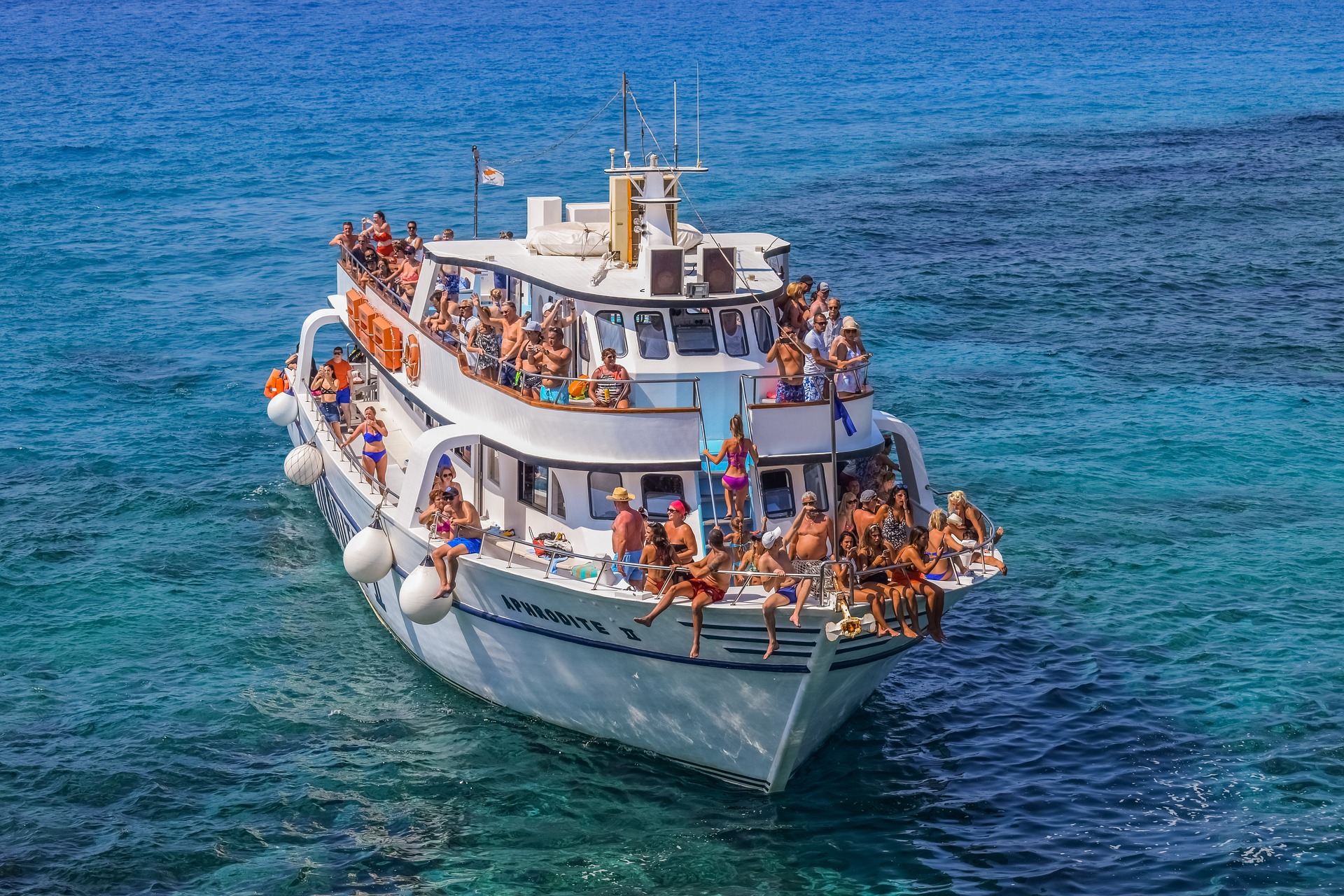 IBS affects the quality of life of those who suffer from this chronic condition. A research study carried out in The Netherlands came to the conclusion that our quality of life is only 62% of that of a non-sufferer. So the impact is enormous. Of course, the degree to which our lives are restricted depends on whether we are already on the low Fodmap diet or not. If we have already been through the stages of the diet to find our triggers and expanded our diet to something manageable, then we are far better off than those who are still on the journey to finding how to control their symptoms. However, on the whole, those of us with IBS face life in a different way. Below I have put together a list of ways in which our lives can differ, though this naturally varies from one person to another.
IBS affects the quality of life of those who suffer from this chronic condition. A research study carried out in The Netherlands came to the conclusion that our quality of life is only 62% of that of a non-sufferer. So the impact is enormous. Of course, the degree to which our lives are restricted depends on whether we are already on the low Fodmap diet or not. If we have already been through the stages of the diet to find our triggers and expanded our diet to something manageable, then we are far better off than those who are still on the journey to finding how to control their symptoms. However, on the whole, those of us with IBS face life in a different way. Below I have put together a list of ways in which our lives can differ, though this naturally varies from one person to another.
Our focus on toilets
I have had IBS all my life and it took years before I realized that not everyone has the same relationship with the toilet that I do. I always took longer in there and never felt completely satisfied with the results, but I thought that was normal. Even though I now have my symptoms under control for the most part – stress can still send the train off the rails – I always like to know where the nearest toilet is. Not that I ever have such an urgent need to go that I could have an accident since I have IBS with constipation. However, the urge can be there and denying that urge causes pain and enormous discomfort. Miserable is an understatement, and you often have to hide it if you are in company.
I had a client who never went more than a block from her house for fear of shaming herself. Fortunately, now she is on the diet she can go wherever she wants, but I bet she still has an eye out for the nearest toilet. The trauma of being without a toilet when you need it never leaves you.
Post-traumatic stress syndrome
And that brings me on to PTSD. You might think there are worse things that can cause PTSD and that’s true. But it doesn’t change the fact that most people with a certain level of IBS have all had traumatic incidents in their past. I have heard many horror stories from clients that make your heart go out to them for what they have suffered.
Personally, my traumatic moments have all been connected to travel, when I have been out of my comfort zone and had a certain loss of control over my own situation. For example, group travel, when you have to follow a schedule, can cause issues. This has never stopped me travelling but it means I have often put myself at risk of having an unpleasant episode with the resultant pain and distress. Some may choose to not take that risk, which leads to my next point.
Travelling difficulties
Whereas most people jump at the chance to travel without a thought for their gut, some with IBS, depending on their type of IBS and the severity of it, may choose not to travel at all. The thought of being in a train or bus for a prolonged period of time fills you with horror. I had a client who couldn’t get on a plane even though we had her symptoms well under control because of an exceedingly nasty incident when the hostess wouldn’t allow her to go to the toilet because the plane was landing. The trauma will probably affect her for the rest of her life.
Those with IBS with constipation may seldom have the fear of an accident but we usually need to spend a much longer time than normal in the toilet and this is embarrassing and sometimes impossible when you are travelling with other people. A quick visit to the toilet is a luxury that we seldom experience. Thus, our bowels can get into quite a state at not having the time to evacuate, with pain and misery being the result.
If you are fearful of travel, I recommend independent travel by car or even a cruise. With car trips, as long as you are with people you know well, it just means a little extra planning to find toilets along the way so you can easily stop if necessary. Once you have them marked on a map, you can have the peace of mind that nothing terrible will happen. I also recommend having an emergency kit in the car, that you can grab on your way to the toilet, just in case – toilet paper, spare undies, wet wipes etc. On a cruise, you have your own cabin and there’s no travel involved once you reach the boat. I have found the staff on cruises very accommodating of my food requirements and have never had an issue while cruising. I made a video about my experience on board a ship HERE.
The fear of eating out
People love to eat out to experience delicious food in good company. That is not so for us. Many of my clients had got to a point where they didn’t eat out to avoid the inevitable issues that come with not knowing your triggers or not being able to take them into account when ordering food. However, if you do know your triggers, it simply requires some planning. I still always ring the target restaurant in advance and discuss how to eat there safely with my major triggers of onion and garlic. As long as the restaurant is of a reasonable quality, I have never found one that is not willing to work with me. I do recommend avoiding buffet meals because they are a minefield and for sure you will step on at least one mine.
Analysis of invitations
Leading on from eating out, we look at invitations differently to most. We need to analyze what is involved and how that could potentially affect our gut. This could include a day out on a boat, a weekend tramping trip, a new job, a date with a new boyfriend. Anything outside our normal daily routine makes us pause and think about it. There is seldom an automatic “Yes, we would love to be included.” These days, I would say yes to most invitations but I still need the time to organize my thoughts and perhaps ask a few questions about how things will unfold. We need to plan a lot more than others.
These are just a few of the ways that we see life differently. I am sure some of you can add to this list in the comments.
In order to reduce the impact of IBS on your life, you need to do the low Fodmap diet to find your triggers. If you have tried by yourself but still have wonky bowel movements and feel discomfort after a meal, do get in touch and book a complimentary, obligation-free phone call to discuss the possibility of becoming one of my coaching clients. Book your call here after filling in the application form: https://www.strandsofmylife.com/coachingprogram/




Leave a Reply